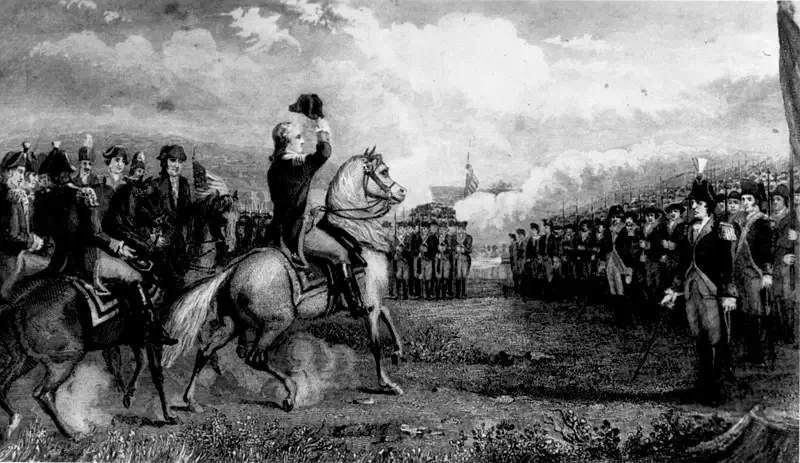
US Military History Throughout The Years
Short bits of history you know and some you may not!
- Raiders: Wednesday, April 22, 1778 – After leading raids against British merchant ships in the Irish Sea, CPT John Paul Jones of the Ranger would lead a night raid against the British town of Whitehaven. The goal of the raid was to light as many of the 200 to 400 ships harbored there on fire. After spiking the guns defending the towns coast they would become distracted from drinking, as they also raided a public house in the town. During the night a crew member would alert the town to the attack and the raiders would attempt to set the coal ship Thompson on fire. Due to the spiking of the large guns defending the town the Ranger and crew was able to successfully escape from the town. Town members were able to put out the fires the crew had set as they escaped. The effect of the raid was fairly large as no raid can been conducted on an English port since 1667. The raid also helped cement the British view of the Continental Navy as nothing more then pirates, especially Jones who was labeled in British newspapers as a swashbuckling pirate. The raid also had the effect of increasing the British peoples distaste for continued fighting against the Americans during the Revolutionary war.
- Siege of Boston: Thursday, April 20, 1775 – Immediately after the battle of Lexington and Concord, Colonial Militiamen would secure and hold all land access and routes to the city of Boston. This would lead to the start of the Siege of Boston, held by British troops, and the opening phases of the Revolutionary War. At this time the town was primarily just a peninsular city on Massachusetts Bay, with limited access to land routes. This would limit the British resupply to only what could come from the sea. Resupply issues were not limited to the British as Colonial Militia, turned Continental Army, had their own issues with personal and supplies. After initial actions, such as battles at Bunker and Breeds Hill, the opposing forces set in and military actions would be limited to the occasional raid, minor skirmishes and sniper fire. In November 1775 General Washington would send in Henry Knox with heavy artillery. Over the next several months Knox would turn the city indefensible by the British, leading to their withdraw on 17 March 1776.
- Resignation: Saturday, April 20, 1861 – Colonel Robert E Lee resigns his commission from the United States Army. This happened three days after his home state of Virginia seceded from the Union and two days after he had been offered command of the Union Army. While he opposed the secession of southern states against the Union, he was a loyal son of Virginia. He would soon join the new Confederacy and take command of the Virginia State forces, being given the sword of George Washington as a symbol of his appointment.
This week’s featured products.
Best-Selling Military Gear
-

North American Rescue GEN 7 CAT Tourniquet
$29.99 Select options -

USGI M249 SAW Ammo Box, 200 Round
$11.99 – $16.99 Select options -

Eagle Industries Double M4 Mag Pouch
$3.99 Select options -

USGI Military Poncho Liner, Woobie Blanket
$19.99 – $49.99 Select options -

USGI 6 Magazine Bandoleer
$3.99 – $21.99 Select options -

USGI 1 Quart Canteen
$5.49 Select options -

North American Rescue Compressed Gauze
$4.99 Select options -

North American Rescue Survival Blanket
$1.59 Select options








